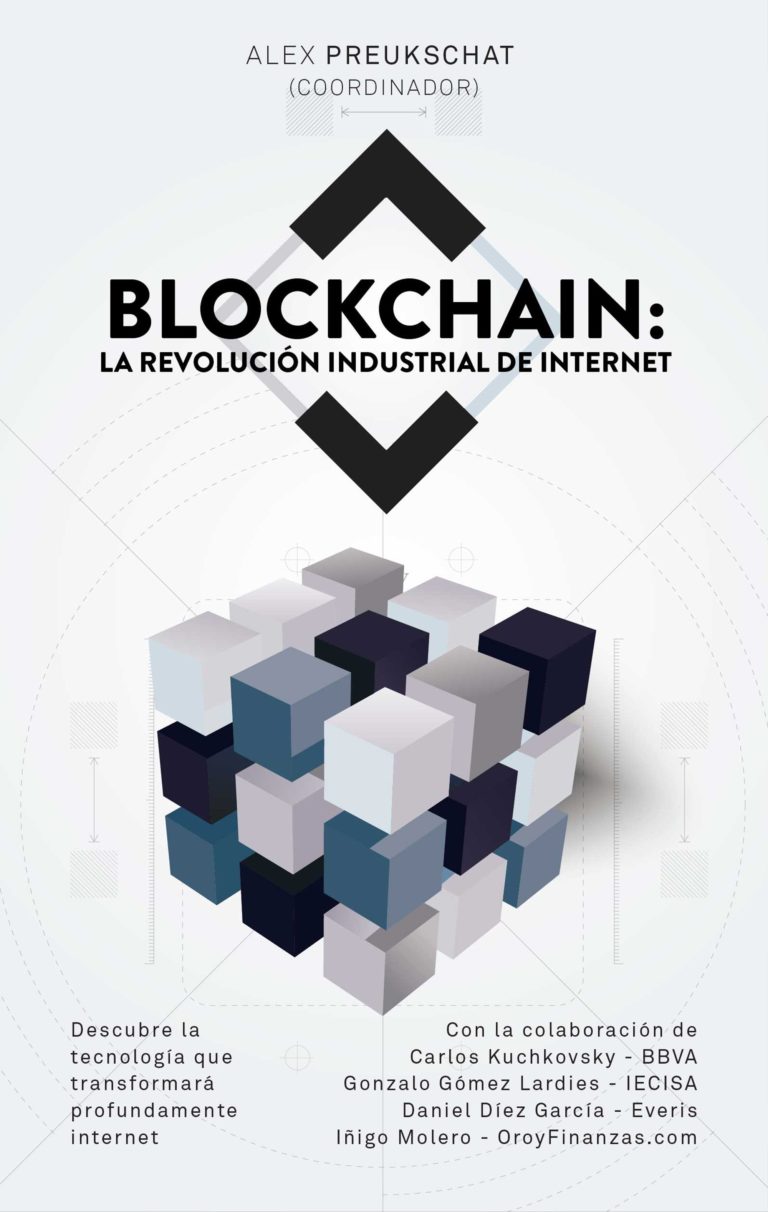Blockchain as a new concept of CSR
The possibility of using blockchain technology to monitor the origin of a product or to record intangibles, such as hours worked, opens up a new field that could revolutionize the concept of Corporate Social Responsibility. In this new post on #RevoluciónBlockchain, Iñigo Molero invites you to imagine the uses for a new mechanism to guarantee and give authenticity to companies’ social commitments.

As blockchain technology gains familiarity and is further established, new ideas about its possible applications are getting more and more widespread. Little by little, these ideas are taking shape, either as proposals or as projects that are already underway in different market sectors. The banking, insurance and energy industries have probably shown the most interest, investing resources and efforts to develop new uses for it. Blockchain technology has not gone unnoticed by the governments of different countries, nor among the institutions that comprise the third sector.
That is part of the success of blockchain: its extraordinary ability to go mainstream. Blockchain is a newly-created technology (2009), which will have an impact like the advent of cell phones or the eruption of the internet.
Synergy between Blockchain and social conscience
The promise blockchain makes—as a large database distributed among different participants where everyone is certain that the data recorded is true, unforgeable and long-lasting—is that we will be able to give up trusted central institutions that supervise or direct our relationships. That means that now we only have to place our trust in something as neutral and aseptic as mathematics and cryptography. Thus, some of the most recurrent adjectives used to define blockchain are words such as authenticity, transparency, immediacy, trust, security...terms that, on the other hand, are the most demanded within the scope of Corporate Social Responsibility (CSR). Could blockchain elevate the concept of CSR to levels of optimization not seen until now?
From its origins until now, we’ve witnessed a notable evolution of CSR, where the original model —solely based on the interest of the shareholder—has changed to another model that includes a new social awareness, where the interests of other groups affected by a company's activity are also taken into account when making business decisions. The European Commission associates the term CSR with “companies' responsibility for their impact on society," in order to maximize the creation of shared value for shareholders, parties involved and the company in general. The Committee also stresses the importance of “identifying, preventing and attenuating” the possible adverse consequences that may derive from business activity.
“The Industrial Revolution of the internet”
In all cases, CSR should be linked with the company’s main activity—whether the banking, insurance or energy industry—in order to keep and involve a commitment from upper management in fields like human rights, best work and employment practices, protecting health and environmental issues, fighting against fraud and corruption, and taking into account consumers’ interests.
Among other things, Blockchain provides infallible traceability of records and notes from the origin to the destination or final consumer. Thus, a correct application of this characteristic, applied within the CSR, provides the consumer with the tranquility and trust that the products acquired do not come from illegal operations, such as contraband petroleum, wood, diamonds or any other raw material. In the far-reaching database, any information can be incorporated—something as tangible as hours of work. Therefore, wouldn't it be a perfect tool to dispel questions or doubts about best business practices?
This is especially true because any person or consumer could monitor activities and be convinced of its veracity, without the need to trust in any other party. They would only need to confide in this technology, based on mathematics and cryptography. In this specific example, correct adoption would reinforce a company’s image and the commitment it makes to human rights, and the fight against possible fraud or corruption, and in the most transparent manner possible.
We are contemporaries of the birth and development of a new technology that is still taking its first steps, but few doubt that it will grow rapidly in the years to come, and could even shift current economic and social paradigms.
Blockchain could be the “industrial revolution of the internet” even though we don’t know when it will take place, or how. Right now, we are still in that period of imagining possibilities and trying to materialize those that make sense.
In this article, I mentioned a possible use for , blockchain, but with the certainty that there are other possibilities that perhaps today are just a vague idea. Hopefully the reader has identified other uses, because that is the magic of the times we live in. The more we know how about blockchain functions and what it proposes, the more specific applications we are capable of imagining.
In any case, it seems obvious that a specific and early application could revolutionize any industry, economic sector, business or social organization. Without a doubt, CSR will not be left out and must also continue evolving.
Iñigo Molero Manglano

Íñigo Molero Manglano is a consultant in Communication and Blockchain Technology. He is the co-author of the book Blockchain: The industrial revolution of the internet published by Ediciones Gestión 2000 (Grupo Planeta) available at Amazon.es.
You can follow the latest at @LibroBlockchain and LibroBlockchain.com.